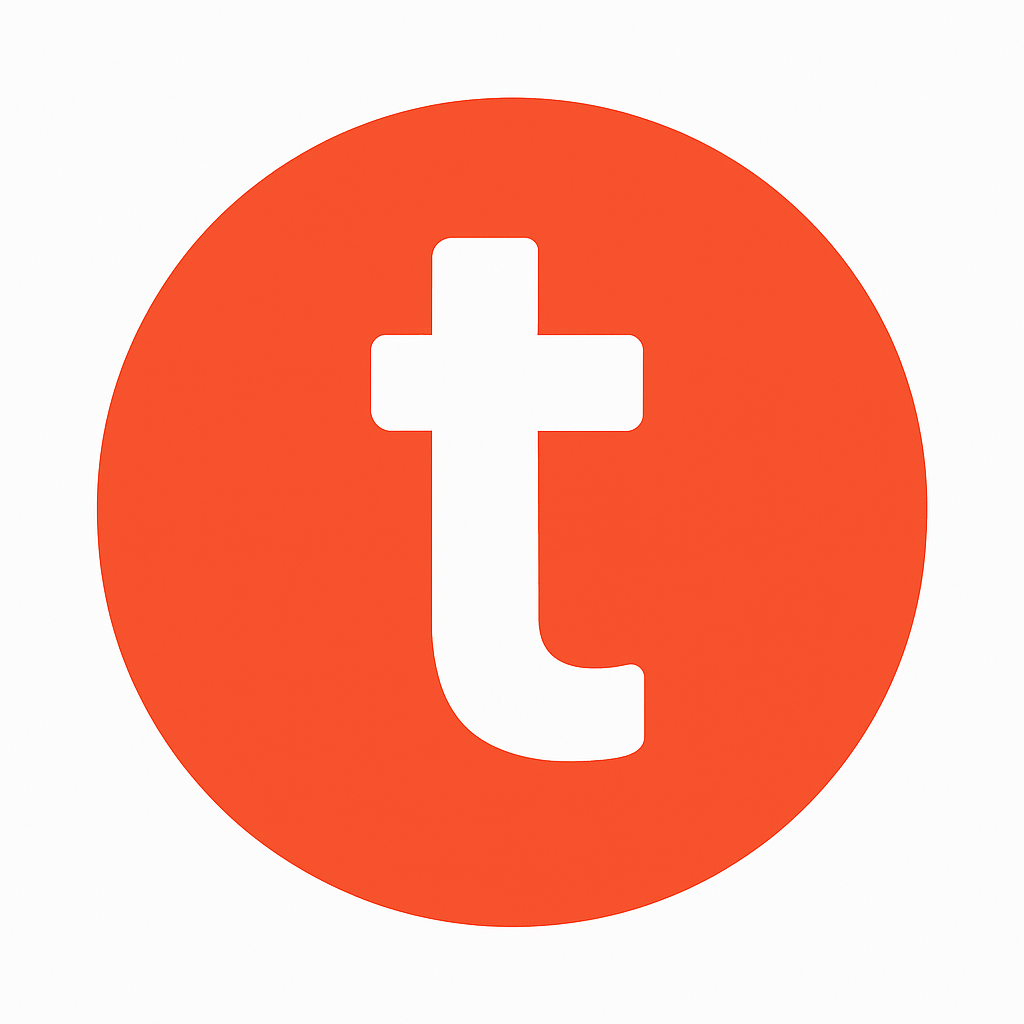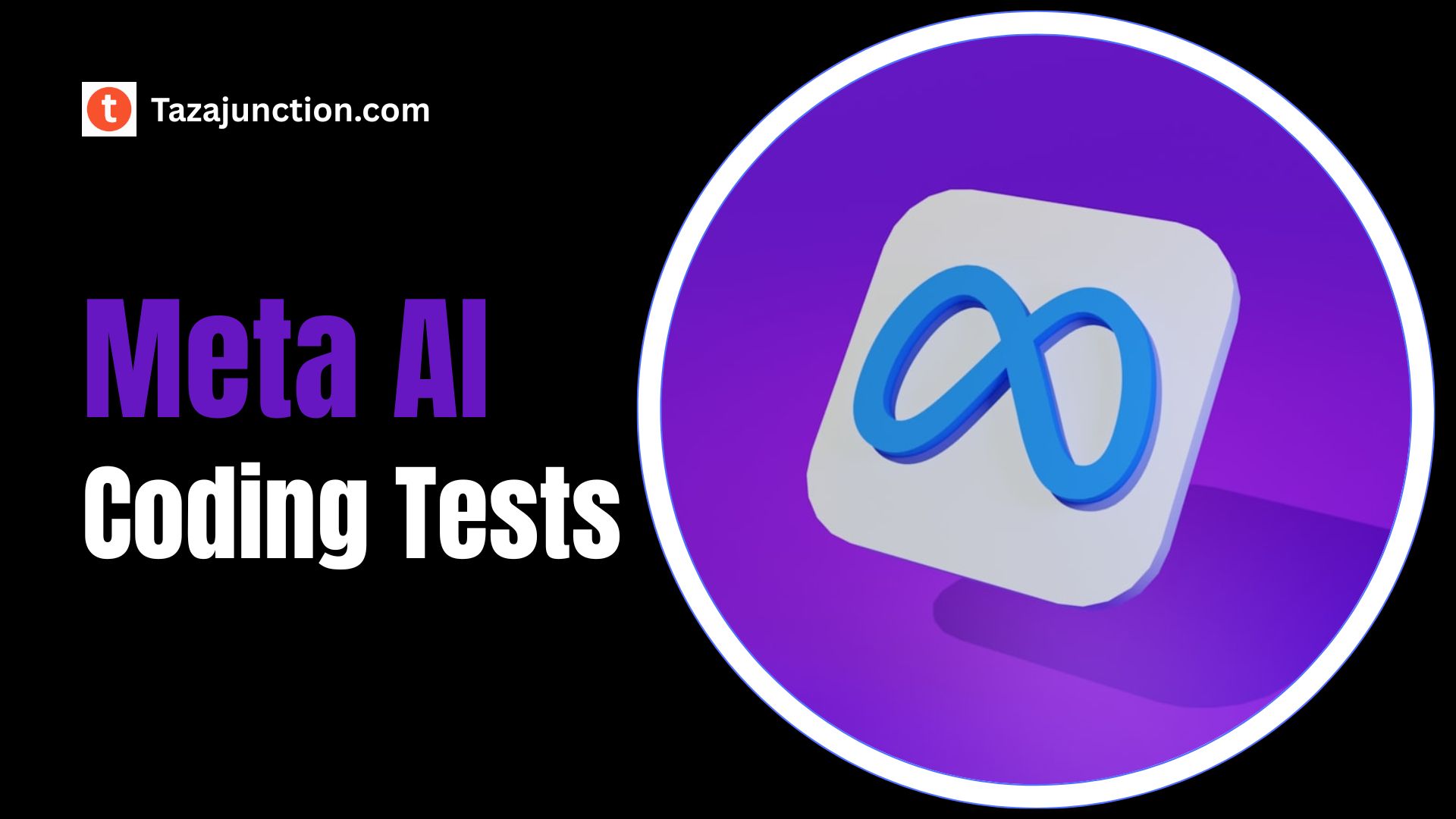In a groundbreaking move that reflects the changing landscape of technology and work, Meta has announced that it will allow job candidates to use artificial intelligence tools during technical assessments.
This policy shift signals a major departure from traditional hiring practices in the tech industry and highlights the growing relevance of AI in real-world development environments.
The new approach, referred to as Meta AI coding tests, aims to better reflect the tools developers use on the job today.
Also you can check, the Meta smartwatch camera could redefine how users interact with their devices, blending wearable convenience with powerful imaging capabilities.
Let’s explore more!
Table of Contents
Rethinking Technical Assessments
For years, coding interviews have followed a fairly standard model—candidates solve algorithmic problems without assistance, often on a whiteboard or in isolated coding platforms.
These assessments have come under criticism for not accurately reflecting real-world software development, where engineers often consult documentation, use debuggers, and increasingly, leverage AI tools for assistance.
With Meta AI coding tests, the company is choosing to modernize this process. Instead of viewing AI as a crutch or a form of cheating, Meta is embracing it as a legitimate part of the developer toolkit.
This change is designed to assess how well candidates can integrate AI tools into their workflows, mirroring actual job scenarios.
What Are Meta AI Coding Tests?

Meta AI coding tests refer to technical interview sessions in which candidates are explicitly allowed to use AI tools, such as coding assistants or language models, to help them solve problems.
These tools might include platforms that offer code suggestions, explain programming concepts, or optimize algorithms based on user input.
The goal is not to test memorization or raw problem-solving in a vacuum but to evaluate how efficiently a candidate can solve tasks using all available resources.
Meta AI coding tests are intended to measure a developer’s adaptability, problem-solving strategy, and ability to collaborate with modern software tools.
Why Meta Is Making This Change?
Meta has always positioned itself at the intersection of innovation and practicality. The adoption of Meta AI coding tests aligns with broader trends in how software development is evolving.
Developers today don’t work in isolation—they work with AI, in teams, and with access to vast repositories of information.
By allowing AI tools during interviews, Meta hopes to:
- Reflect real-world coding environments
- Attract a wider and more diverse pool of candidates
- Reduce stress and performance anxiety in interviews
- Encourage the ethical and effective use of AI tools
This shift could help Meta find talent that’s more prepared to work in modern tech teams where AI-driven development is becoming the norm.
Impact on Candidate Experience
The introduction of Meta AI coding tests could dramatically improve the candidate experience. Traditional coding tests can be high-pressure environments, often favoring those with recent experience in academic-style problems. These tests may not always identify the most capable developers, particularly those who excel in applied, real-world scenarios.
With the support of AI tools, candidates can focus more on problem-solving strategy, code quality, and system design. Meta AI coding tests make it easier for candidates to demonstrate how they would actually approach tasks at work, rather than trying to solve puzzles under unrealistic constraints.
Preparing for Meta AI Coding Tests

For candidates, preparing for Meta AI coding tests will still require a solid foundation in programming, algorithms, and software design. However, they’ll also need to understand how to use AI tools effectively and responsibly.
Here are a few preparation strategies:
- Practice using AI-assisted coding tools in everyday projects
- Learn how to review, verify, and improve AI-generated code
- Understand the limitations and potential biases of AI outputs
- Focus on combining AI suggestions with critical thinking
The emphasis in Meta AI coding tests will be on using AI to enhance productivity, not replace understanding. Candidates who treat AI as a collaborative partner, rather than a shortcut, are more likely to succeed.
Industry Reactions to Meta AI Coding Tests
Meta’s decision to embrace Meta AI coding tests has generated widespread discussion in the tech industry. Some applaud the move as forward-thinking and inclusive, while others worry it may lower the technical bar or create inconsistencies in evaluations.
Supporters argue that this change mirrors the way developers already work. AI coding assistants are becoming standard in many engineering teams, and knowing how to use them well is a skill in itself. Critics, however, raise concerns about fairness, especially regarding which AI tools are allowed and how much assistance is considered acceptable.
Regardless of opinion, Meta AI coding tests are likely to influence how other tech companies evaluate talent in the future.
The Role of Human Judgment
Even with AI tools allowed, human judgment remains central to Meta AI coding tests. Interviewers will assess not just whether the candidate arrives at the correct answer, but how they approach the problem, interact with the AI, and justify their decisions.
Meta has emphasized that creativity, code structure, efficiency, and communication will still play a major role in evaluating performance. The presence of AI doesn’t eliminate the need for technical insight—it changes how that insight is applied in practice.
Ethical Considerations
The rise of AI in hiring also brings ethical challenges. In the context of Meta AI coding tests, transparency will be key. Meta must clearly define which tools are permitted, how usage is monitored, and how results are evaluated fairly.
There’s also the question of access—do all candidates have equal familiarity with AI tools? Will this advantage some applicants over others? To address this, Meta may offer standardized tools or built-in AI within its test platforms to ensure a level playing field.
By making these tests fair and well-structured, Meta can ensure that Meta AI coding tests uphold both technical integrity and equal opportunity.
The Future of Technical Hiring
The adoption of Meta AI coding tests may mark a turning point in how companies approach hiring. As AI becomes more integrated into development workflows, testing for isolated technical ability becomes less relevant. Instead, companies will prioritize collaboration, problem decomposition, and tool proficiency.
Other tech giants may soon follow Meta’s lead, introducing similar assessments that focus on applied intelligence rather than rote knowledge. Meta AI coding tests may be the first step in building a new standard for evaluating developers in the AI-driven era.
Meta’s Long-Term Vision
This decision also fits within Meta’s broader strategy of leading in AI research and innovation. By making Meta AI coding tests part of its hiring process, Meta reinforces its belief that AI will shape not just products and platforms, but also how companies build their teams.
It’s a message to job seekers and competitors alike: understanding AI is no longer optional—it’s essential.
Conclusion
Meta AI coding tests reflect a bold, forward-thinking shift in how technical talent is identified and evaluated. By allowing candidates to use AI tools during assessments, Meta is embracing the future of software development—where humans and machines collaborate to create smarter, more efficient solutions.
This new approach promises to make hiring more realistic, inclusive, and aligned with the tools developers already rely on. As the tech industry evolves, Meta AI coding tests may become the new normal, signaling a more adaptive and modern way to build great engineering teams.

